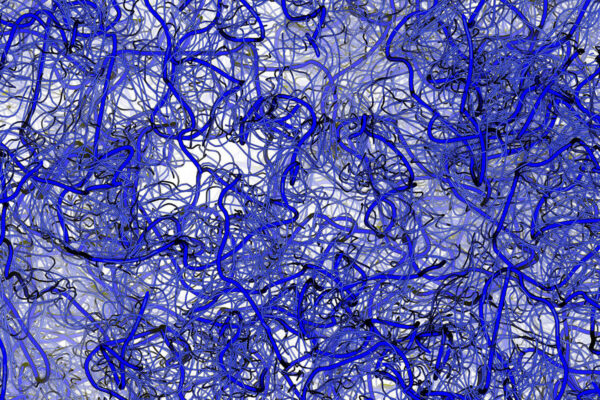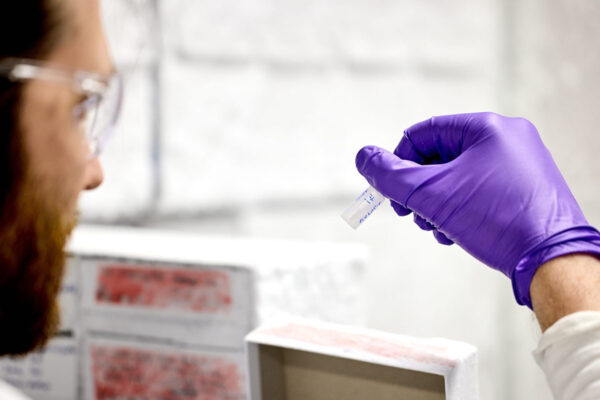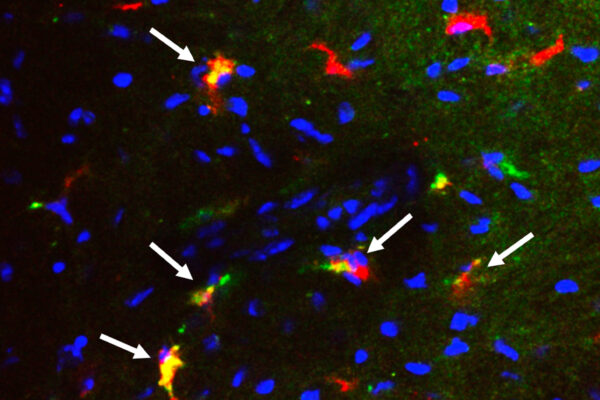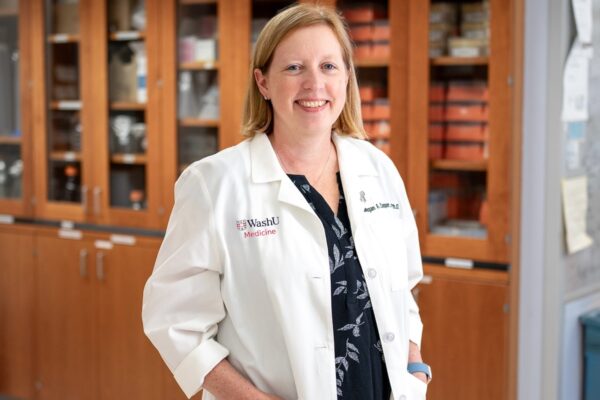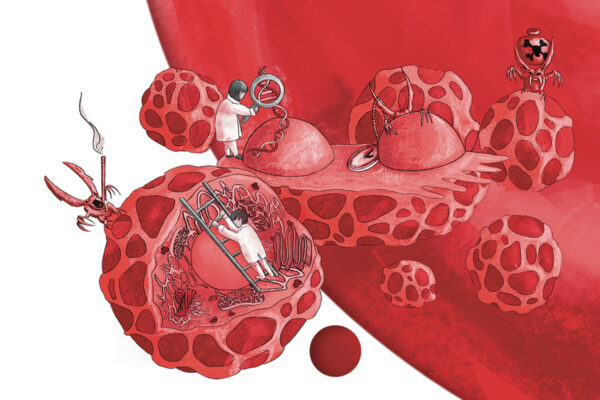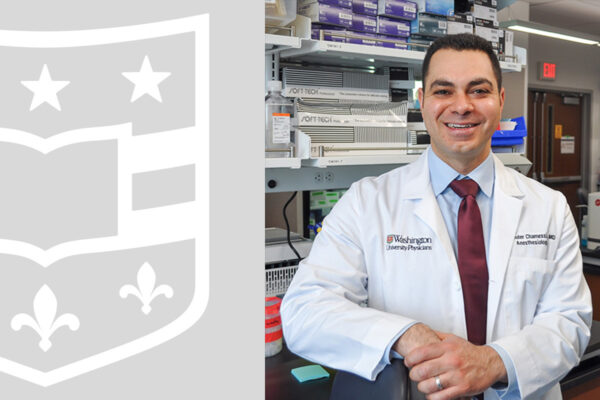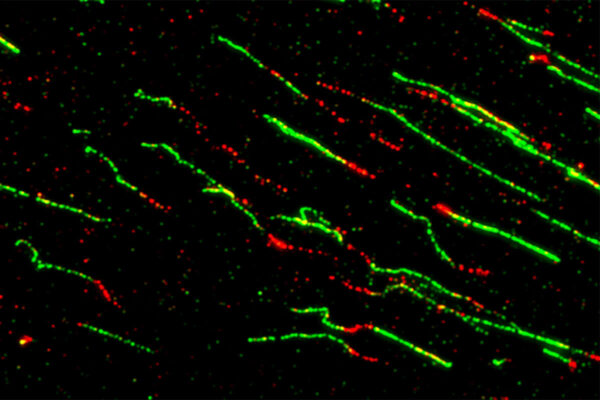New computational tool sheds light on ‘wiggly’ proteins
WashU Medicine researchers led by Alex Holehouse have developed a novel method of predicting how certain hard-to-study proteins will behave, with potential implications for research and treatment of many diseases.
WashU Medicine selected for Parkinson’s disease training program
WashU Medicine is one of eight academic medical centers to be selected for the Edmond J. Safra Fellowship in Movement Disorders. The program will provide funding to train a movement disorder specialist in the Department of Neurology.
Di Paola recognized as outstanding mentor in hematology
Jorge A. Di Paola, MD, a professor of pediatrics at WashU Medicine, has been honored by the American Society of Hematology with the 2025 Mentor Award in Basic Science.
Cells from the spleen play surprising role after heart attack
A new study in mice by WashU Medicine researchers identifies a possible strategy for cardiac immunotherapy that could boost beneficial immune cells that, surprisingly, travel from the spleen to the heart and orchestrate healing after a heart attack.
Research explores genetics underlying immune system disorders
WashU Medicine researchers have received a $12.4 million grant from the National Institutes of Health (NIH) to study novel genetic causes of immune disorders.
Genetic study suggests ways to catch blood cancer earlier
In a new study, WashU Medicine researchers shed light on how newly acquired mutations in blood stem cells interact with mutations passed down by parents to influence a person’s lifetime risk of developing blood cancer. The findings could inform early detection and prevention strategies.
Chamessian named Rita Allen Foundation Scholar
Alexander Chamessian, MD, PhD, an assistant professor of anesthesiology at WashU Medicine, was one of two early-career leaders chosen for this year’s Rita Allen Foundation Scholars Award in Pain.
William H. Webster, emeritus trustee, 101
William H. Webster, an honorary emeritus trustee at Washington University in St. Louis, died Friday, Aug. 8, 2025, in Warrenton, Va. He was 101.
Saintilnord, Reynolds named exceptional early-career research fellows
WashU Medicine postdoctoral researchers Wesley Saintilnord and Matthew Reynolds have been named Jane Coffin Childs Fellows. The fellowship is designed to support the most promising postdoctoral scientists as they seek to advance research into the causes and treatments of human disease.
How breast cancer drugs exploit genomic fractures in tumors
A new study from WashU Medicine researchers identifies possible ways to make cancer drugs called PARP inhibitors more effective, including potential strategies to re-establish their effectiveness in tumors that develop resistance to this treatment.
View More Stories
